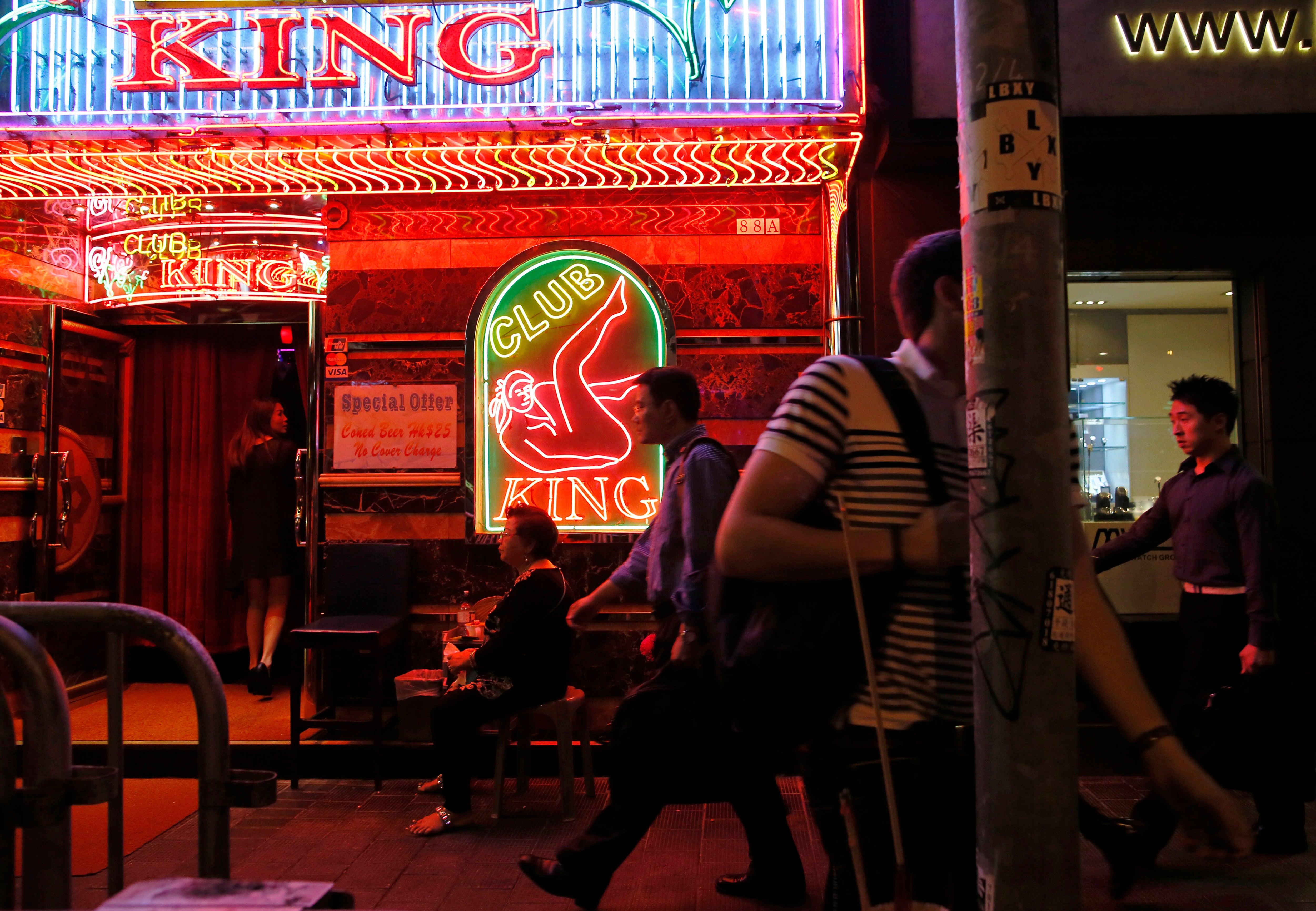Hong Kong cuts liquor tax in effort to reignite its nightlife industry
Hong Kong’s leader announced a cut to liquor tax as the Asian financial hub hopes to revive its reputation as a travel destination with a vibrant nightlife and dining scene

Hong Kong’s leader announced a cut to liquor tax Wednesday as the Asian financial hub hopes to revive its reputation as a travel destination with a vibrant nightlife and dining scene.
After fulfilling Beijing’s long-standing imperative to enact a homegrown national security law, Chief Executive John Lee now faces challenges with economic competitiveness against regional rivals like Singapore, Japan, and mainland Chinese metropolises.
Changes in residents’ lifestyles and a wave of middle-class emigration during the COVID-19 pandemic have dampened local demand. Many residents now prefer to spend their weekends in mainland China, attracted by its lower prices and a wider variety of entertainment options. Visitors from the mainland are also spending less in the city than before.
Vacant shops are commonly seen in the city's most popular shopping districts, and revenue at the city’s bars were down about 28% in the first half of 2024 from the same period in 2019, preliminary official data showed.
In his annual policy address, Lee said the duty rate for liquor with an import price of more than 200 Hong Kong dollars (about $26) would be slashed from 100% to 10% for the portion above that price starting Wednesday. He hoped the policy would foster the logistics, storage, tourism and high-end dining industries.
The government previously told lawmakers that after wine duties were abolished in 2008, imports jumped 80% in a year and the city welcomed hundreds of new wine-related businesses.
Lee, a former security chief handpicked by Beijing to lead Hong Kong, pushed through the new security law in March. Critics fear the law will further curtail the civil liberties promised to the former British colony when it returned to Chinese rule in 1997.
That law follows similar national legislation Beijing imposed in 2020 to quell huge anti-government protests. Since that law took effect, many of the city's leading activists have been prosecuted, forced into self-exile or silenced. The Hong Kong government said the security laws are necessary for the city’s stability.
But in the wake of these dramatic political changes, many middle-class families and young professionals have emigrated to Britain, Canada, Taiwan and the United States.
To attract more wealthy migrants, Lee also revised a scheme that awards residency to applicants who invest a minimum of 30 million Hong Kong dollars ($3.9 million) in certain types of assets. Starting Wednesday, purchases of homes valued at 50 million Hong Kong dollars ($6.4 million) or more can be counted for up to a third of the requirement, he said.
Hours before Lee's speech, a small group of activists from the League of Social Democrats, one of the city's few remaining pro-democracy parties, held a tiny demonstration outside the government headquarters. They called for universal suffrage for chief executive elections and a retirement pension scheme.
“Return to democracy, improve people’s livelihood,” they chanted.